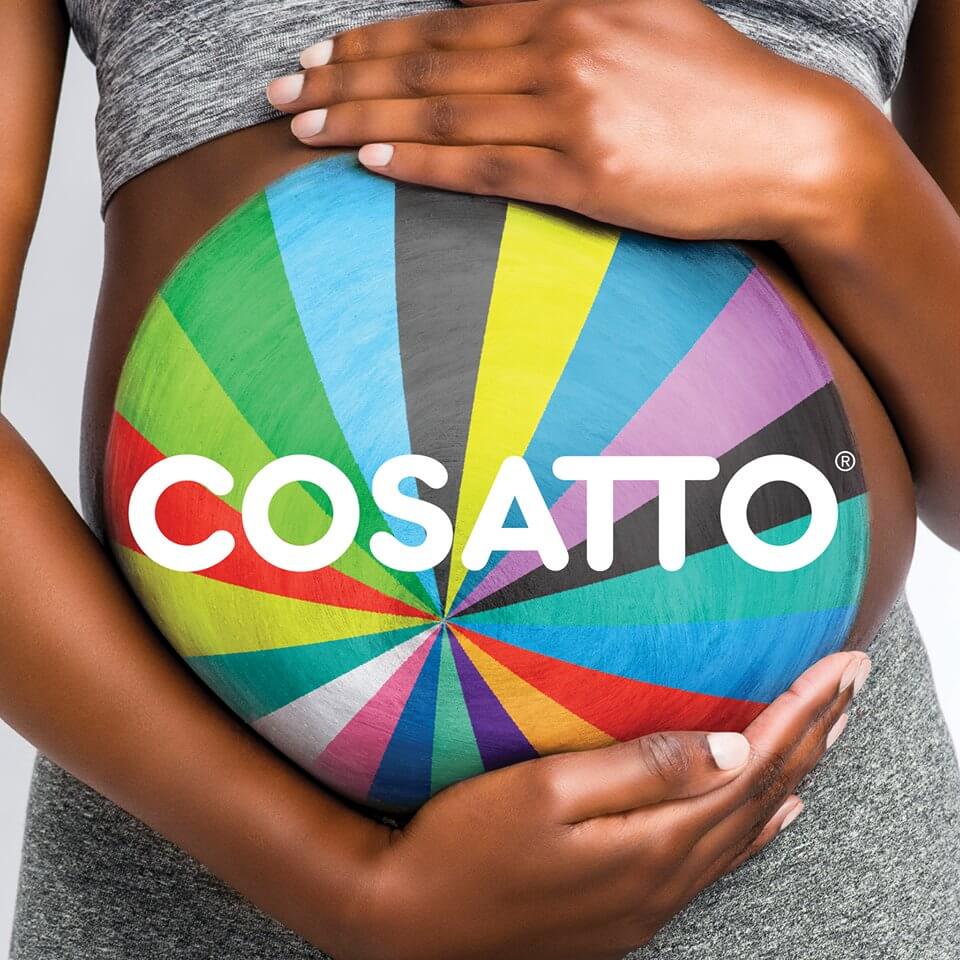Get Poppin! Top 5 Pregnancy Vitamins
So many supplements so little time. Do you really need to be taking all of the recommended pregnancy vitamins or are some a waste of time? Here’s the core 5 supplements and vitamins you should be taking during and after pregnancy according to the experts*
1. Folic Acid
If you’re trying for a baby, the recommended dose of Folic Acid is 400 micrograms in tablet form daily up until 12 weeks of pregnancy. If you didn’t take Folic Acid before getting pregnant, you should start as soon as you find out. Folic Acid is important in pregnancy as it helps to prevent birth defects such as spina bifida. If you or your partner have any health issues its important you ask your doctor about doses as you may be advised to take a higher dose of Folic Acid.
2. Vitamin D
Pregnant and breastfeeding women need 10 micrograms (10mcg) of Vitamin D a day. Whilst this can be found in foods such as oily fish and eggs, some mums to be might want to take a supplement to ensure they’re getting their daily dose. Vitamin D is really important in keeping our bones, teeth and muscles healthy and happy.
3. Vitamin C
Vitamin C is important for a healthy functioning immune system as it protects cells. If you are pregnant or just had a baby it’s important you include lots of fruits and veggies into your diet to get that Vitamin C boost. Good sources of Vit C include;
- oranges and orange juice
- red and green peppers
- strawberries
- blackcurrants
- broccoli
- brussels sprouts
- potatoes
4. Iron
If your Iron levels drop you may start to suffer from tiredness which if not treated can lead to anemia. To avoid this stock up on dark leafy greens, lean meat and dried fruit. If you’re feeling extra tired during pregnancy or after birth it’s important to book in with your doctor who may prescribe you with some Iron tablets to help regulate your Iron levels.
5.Calcium
Calcium is vital for giving your baby’s bones and teeth a helping hand during pregnancy. If you don’t want to take calcium supplements you can get your calcium intake from the following foods;
- milk, cheese and yoghurt
- green leafy vegetables such as rocket, watercress or curly kale
- tofu
- soya drinks with added calcium
- bread and anything made with fortified flour
*based on information provided on NHS.co.uk





